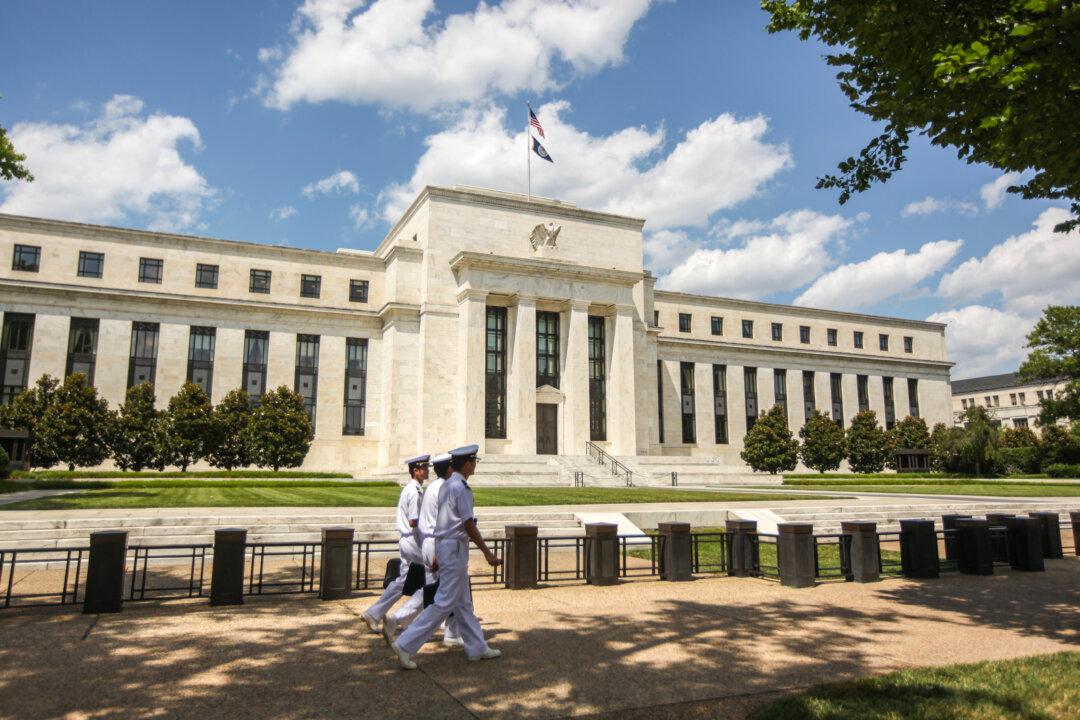Commentary
With President Donald Trump’s two previous nominees to the Federal Reserve Board of Governors—Stephen Moore and Herman Cain—having withdrawn in the face of stiff resistance in the Senate, the president has nominated two economists—Judy Shelton and Christopher Waller—to those posts.





